QTextEdit since Qt 5.14 can render markdown but as the OP points out it has a limitation: it cannot render remote images. So an alternative is to use QWebEngineView + js libraries like markdown.js and marked.js as the official example shows. You can also use QNetworkAccessManager to download remote .md files.
import os.path
import sys
from PyQt5.QtCore import pyqtProperty, pyqtSignal, QObject, QTextCodec, QUrl
from PyQt5.QtNetwork import QNetworkAccessManager, QNetworkReply, QNetworkRequest
from PyQt5.QtWebChannel import QWebChannel
from PyQt5.QtWebEngineWidgets import QWebEngineView, QWebEnginePage
from PyQt5.QtWidgets import QApplication
CURRENT_DIR = os.path.dirname(os.path.realpath(__file__))
class Document(QObject):
textChanged = pyqtSignal(str)
def __init__(self, parent=None):
super().__init__(parent)
self.m_text = ""
def get_text(self):
return self.m_text
def set_text(self, text):
if self.m_text == text:
return
self.m_text = text
self.textChanged.emit(self.m_text)
text = pyqtProperty(str, fget=get_text, fset=set_text, notify=textChanged)
class DownloadManager(QObject):
finished = pyqtSignal(str)
def __init__(self, parent=None):
super().__init__(parent)
self._manager = QNetworkAccessManager()
self.manager.finished.connect(self.handle_finished)
@property
def manager(self):
return self._manager
def start_download(self, url):
self.manager.get(QNetworkRequest(url))
def handle_finished(self, reply):
if reply.error() != QNetworkReply.NoError:
print("error: ", reply.errorString())
return
codec = QTextCodec.codecForName("UTF-8")
raw_data = codec.toUnicode(reply.readAll())
self.finished.emit(raw_data)
def main():
app = QApplication(sys.argv)
filename = os.path.join(CURRENT_DIR, "index.html")
document = Document()
download_manager = DownloadManager()
channel = QWebChannel()
channel.registerObject("content", document)
# remote file
markdown_url = QUrl.fromUserInput(
"https://raw.githubusercontent.com/eyllanesc/stackoverflow/master/README.md"
)
# local file
# markdown_url = QUrl.fromUserInput(/path/of/markdown.md)
download_manager.finished.connect(document.set_text)
download_manager.start_download(markdown_url)
view = QWebEngineView()
view.page().setWebChannel(channel)
url = QUrl.fromLocalFile(filename)
view.load(url)
view.resize(640, 480)
view.show()
sys.exit(app.exec_())
if __name__ == "__main__":
main()
index.html
<!doctype html>
<html lang="en">
<meta charset="utf-8">
<head>
<link rel="stylesheet" type="text/css" href="3rdparty/markdown.css">
<script src="3rdparty/marked.js"></script>
<script src="qrc:/qtwebchannel/qwebchannel.js"></script>
</head>
<body>
<div id="placeholder"></div>
<script>
'use strict';
var placeholder = document.getElementById('placeholder');
var updateText = function(text) {
placeholder.innerHTML = marked(text);
}
new QWebChannel(qt.webChannelTransport,
function(channel) {
var content = channel.objects.content;
updateText(content.text);
content.textChanged.connect(updateText);
}
);
</script>
</body>
</html>
├── 3rdparty
│ ├── markdown.css
│ ├── MARKDOWN-LICENSE.txt
│ ├── marked.js
│ ├── MARKED-LICENSE.txt
│ └── qt_attribution.json
├── index.html
└── main.py

Note: the files in the 3rdparty folder are in the official Qt repository.
